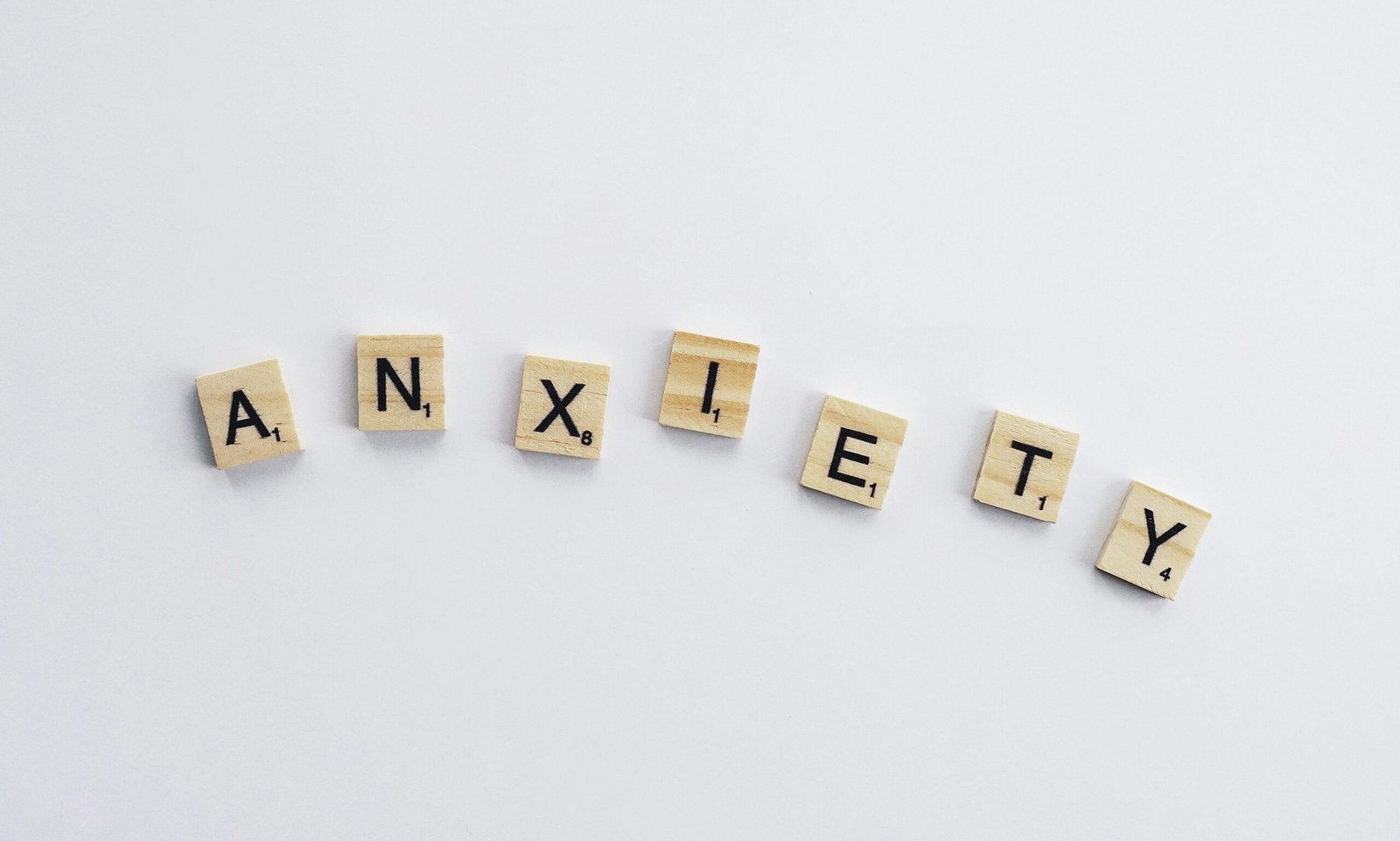A Guide to Healthy Aging
As we journey through life, aging is an inevitable process that presents both challenges and opportunities. However, with the right approach, aging can be a time of vitality, growth, and fulfillment. In this blog post, we will explore the keys to healthy aging and how you can embrace this stage of life with vigor and enthusiasm.
- Understanding the Aging Process
Aging is a natural biological process characterized by gradual changes in our bodies and minds. From wrinkles and gray hair to decreased muscle mass and cognitive function, aging affects every aspect of our being. However, it’s essential to understand that aging is not synonymous with decline. With proper care and attention, we can age gracefully and maintain our health and vitality well into our golden years.
- The Importance of Physical Activity
One of the most powerful tools for healthy aging is regular physical activity. Exercise not only helps to maintain muscle strength and flexibility but also reduces the risk of chronic diseases such as heart disease, diabetes, and osteoporosis. To keep your body strong and flexible, combine cardiovascular, strength, and flexibility activities.Remember, it’s never too late to start exercising, and even small amounts of activity can make a significant difference in your health and well-being.
- Nourishing Your Body with Nutrient-Rich Foods
One of the most important factors in good aging is a balanced diet.
Focus on consuming a variety of nutrient-rich foods, including fruits, vegetables, whole grains, lean proteins, and healthy fats. These foods provide essential vitamins, minerals, and antioxidants that support overall health and protect against age-related diseases. Additionally, staying hydrated is vital for maintaining optimal health, so be sure to drink plenty of water throughout the day.
- Prioritizing Sleep and Stress Management
Quality sleep is essential for healthy aging, as it supports cognitive function, immune health, and overall well-being. Practice good sleep hygiene by maintaining a consistent sleep schedule, creating a relaxing bedtime routine, and optimizing your sleep environment. Additionally, managing stress is crucial for maintaining optimal health as we age. Incorporate stress-reduction techniques such as meditation, deep breathing exercises, and spending time in nature into your daily routine to promote relaxation and resilience.
- Cultivating Social Connections and Purpose
Social ties, which offer companionship, emotional support, and a sense of belonging, are essential for a healthy aging process. By volunteering, participating in clubs and organizations, and attending frequent social events, you may maintain your relationships with friends, family, and neighbors. Additionally, finding meaning and purpose in life is essential for maintaining a sense of fulfillment and satisfaction as we age. Pursue hobbies, interests, and passions that bring you joy and fulfillment, and embrace new opportunities for growth and learning.
- Embracing Brain Health
Maintaining cognitive function is crucial for healthy aging. Engage in activities that challenge your brain, such as puzzles, reading, learning new skills, or taking up a musical instrument. Additionally, prioritize brain-boosting foods such as oily fish rich in omega-3 fatty acids, berries packed with antioxidants, and leafy greens abundant in vitamins and minerals. Regular mental stimulation, combined with a nutritious diet, can help preserve memory, concentration, and overall cognitive abilities as you age.
- Regular Health Screenings and Preventative Care :
Preventative healthcare is key to maintaining optimal health and catching potential issues early. Schedule regular check-ups with your healthcare provider for screenings such as blood pressure, cholesterol, and cancer screenings. Stay up-to-date on vaccinations and discuss any concerns or changes in your health with your doctor promptly. By addressing health issues proactively, you can minimize the impact of chronic diseases and enjoy a higher quality of life as you age.
- Adaptation and Flexibilit
As we age, our bodies and circumstances may change, requiring adaptation and flexibility. Embrace a mindset of adaptability and resilience, recognizing that adjustments may be necessary to maintain your health and independence. This might involve modifying your living environment for safety and accessibility, exploring assistive devices or technologies to support daily activities, or seeking support from healthcare professionals or community resources as needed. By embracing change and being open to new possibilities, you can navigate the aging process with grace and confidence.
- Positive Attitude and Mindset
A positive attitude can make a significant difference in how we experience aging. Cultivate gratitude, optimism, and a sense of humor to navigate life’s ups and downs with resilience and grace. Focus on the present moment and celebrate the joys and blessings in your life, rather than dwelling on limitations or regrets. Participate in joyful and fulfilling activities and surround yourself with positive people. By maintaining a positive mindset, you can approach aging as a journey of growth, wisdom, and new experiences.
In conclusion, healthy aging is within reach for everyone with the right mindset and lifestyle choices. By prioritizing physical activity, nourishing your body with nutrient-rich foods, prioritizing sleep and stress management, cultivating social connections, and finding purpose and meaning in life, you can embrace the aging process with vitality and enthusiasm. Remember, it’s never too late to invest in your health and well-being, and small changes can lead to significant improvements in your quality of life as you age.




